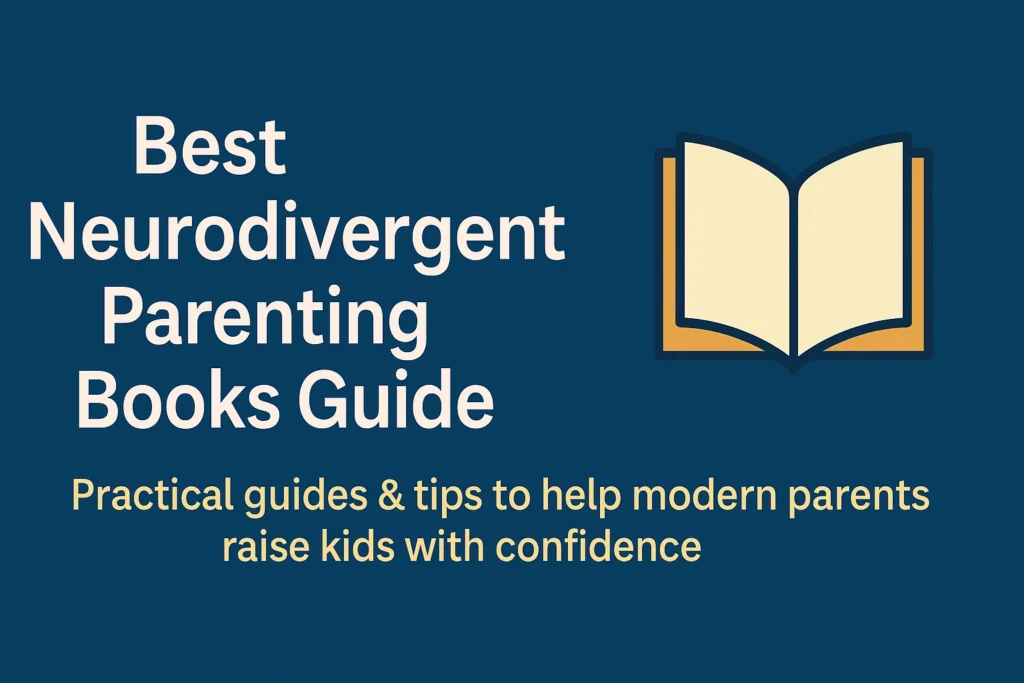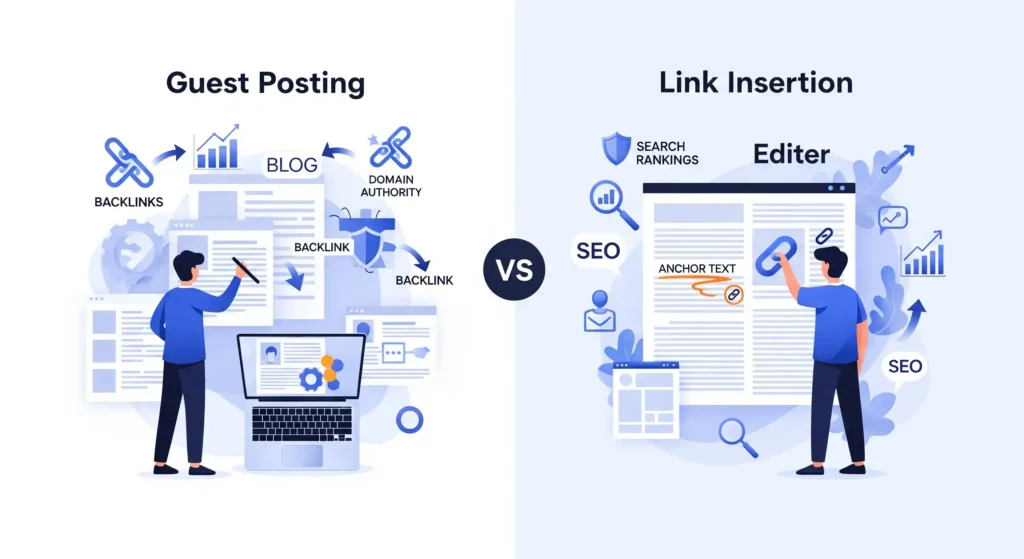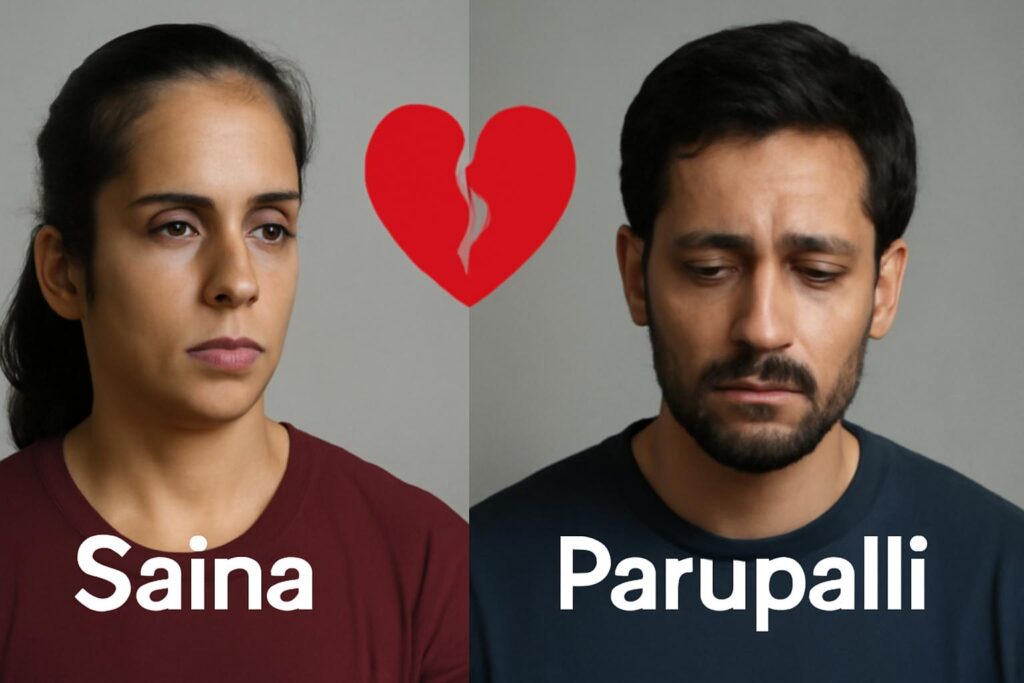(Because Your Kid’s Brain Isn’t “Too Much” It’s Just Different)
Start Here: When “Normal” Parenting Advice Fails
You’ve read all the parenting books. Tried the sticker charts. Mastered the “time-outs.” But your kid still melts down over socks with seams, refuses to eat anything but beige foods, or asks 47 questions about why clouds aren’t square. Sound familiar? Welcome to neurodivergent parenting where the rulebook gets tossed out the window, and the real work begins.
Chapter 1: The Books That Actually Get It
These aren’t your average “sleep train your baby” manuals. These are lifelines for parents raising kids with ADHD, autism, sensory processing differences, or other neurodivergent traits.
1. No Bad Kids by Tina Payne Bryson
The mantra: “Your child isn’t giving you a hard time they’re having a hard time.” Bryson breaks down how to decode meltdowns and teach emotional regulation. Perfect for parents tired of being told their kid is “defiant.”
2. NeuroTribes by Steve Silberman
A deep dive into autism that reframes neurodiversity as a natural variation, not a flaw. Silberman’s research will help you advocate for your child and unlearn societal stigma.
3. The PDA Paradox by Ruth Fidler & Phil Christie
For parents navigating Pathological Demand Avoidance (PDA), this book explains why traditional discipline backfires and offers strategies to reduce anxiety-driven resistance.
4. The Explosive Child by Ross W. Greene
Greene’s “Collaborative & Proactive Solutions” method is a game-changer for kids who struggle with flexibility. Spoiler: It’s not about rewards or punishments it’s about problem-solving together.
5. Differently Wired by Deborah Reber
A memoir-meets-guidebook for parents who feel isolated. Reber (a mom of a neurodivergent teen) offers hope: “Different” doesn’t mean broken.
Chapter 2: Beyond the Books Tips for Real Life
- Embrace “The Dance”: Neurodivergent parenting is less about control and more about rhythm. Some days you lead; other days, you follow their cues.
- Find Your Tribe: Join groups like Neurodiversity Parenting Collective (check Facebook) or local meetups. You need people who nod when you say, “My kid’s obsession with trains is actually a superpower.”
- Language Matters: Use phrases like “neurodivergent” instead of “disordered.” It shifts the narrative from “fixing” to understanding .
Chapter 3: Bilingual Resources & Beyond
Parenting in Spanish? Look for translations of classics like El Niño Explosivo (Spanish edition of The Explosive Child ) or Criando Niños Neurodivergentes by local authors. Many libraries also offer multilingual neurodiversity workshops.
Chelsea Acton’s Famous Parenting Take: While not solely focused on neurodiversity, Acton’s mantra “Parenting is a practice, not a performance” aligns perfectly. Her podcast episodes on “Raising Unapologetic Kids” are a must-listen.
CTA: Your Next Step
Ready to rethink your parenting toolbox?
- Download the free guide [Your Child Is Not Broken] from for radical acceptance strategies.
- Join a virtual book club for neurodivergent parents (try Parenting Pathways ).
P.S. Prince Harry once said parenting Archie and Lilibet is “like juggling with no hands.” Neurodivergent parenting? It’s juggling flaming torches… but you’ve got this.










